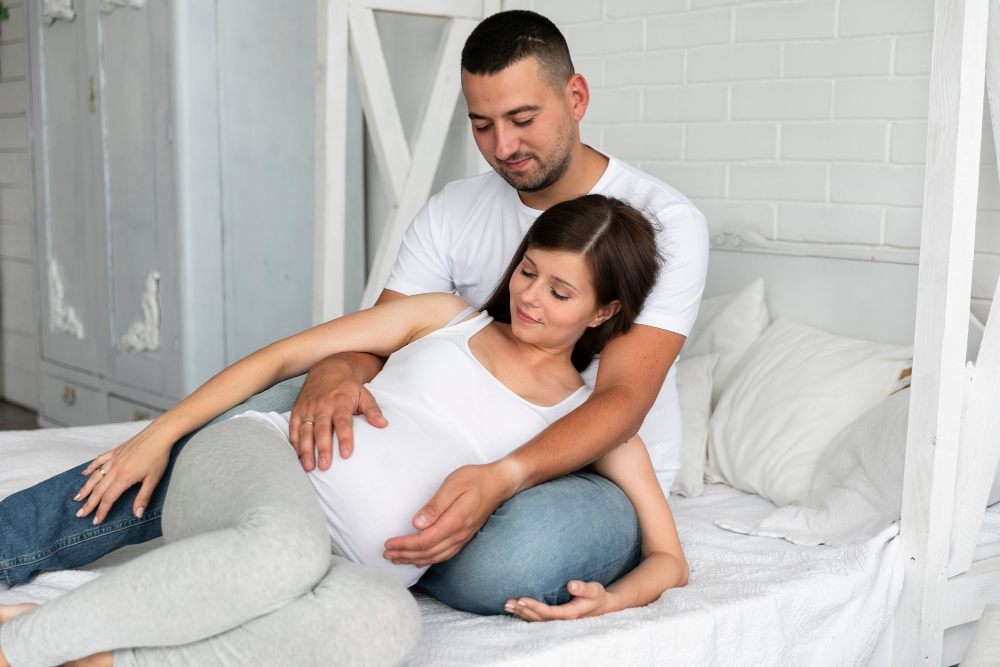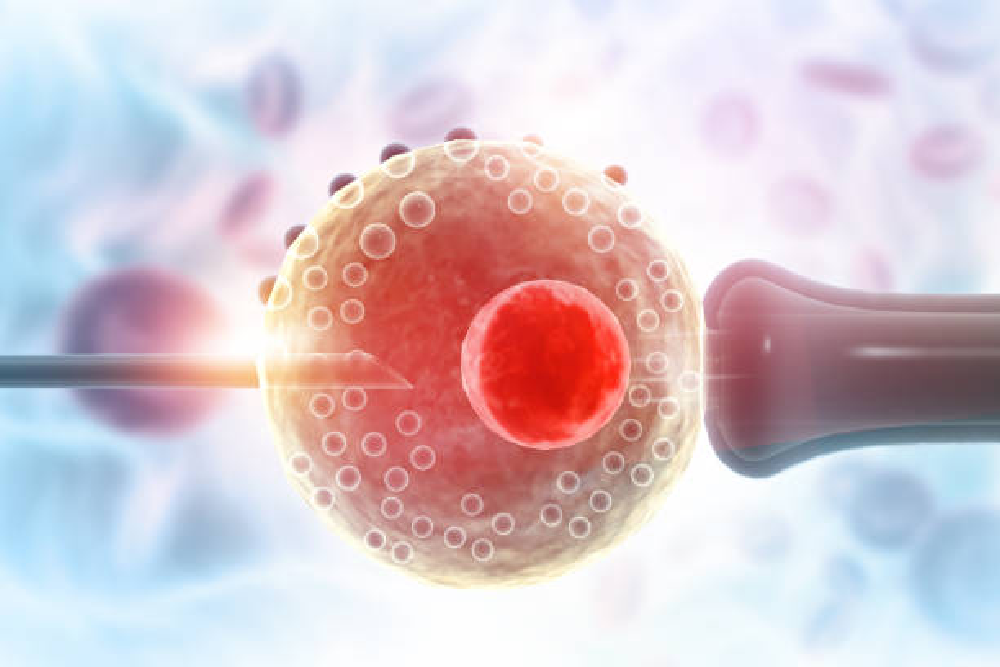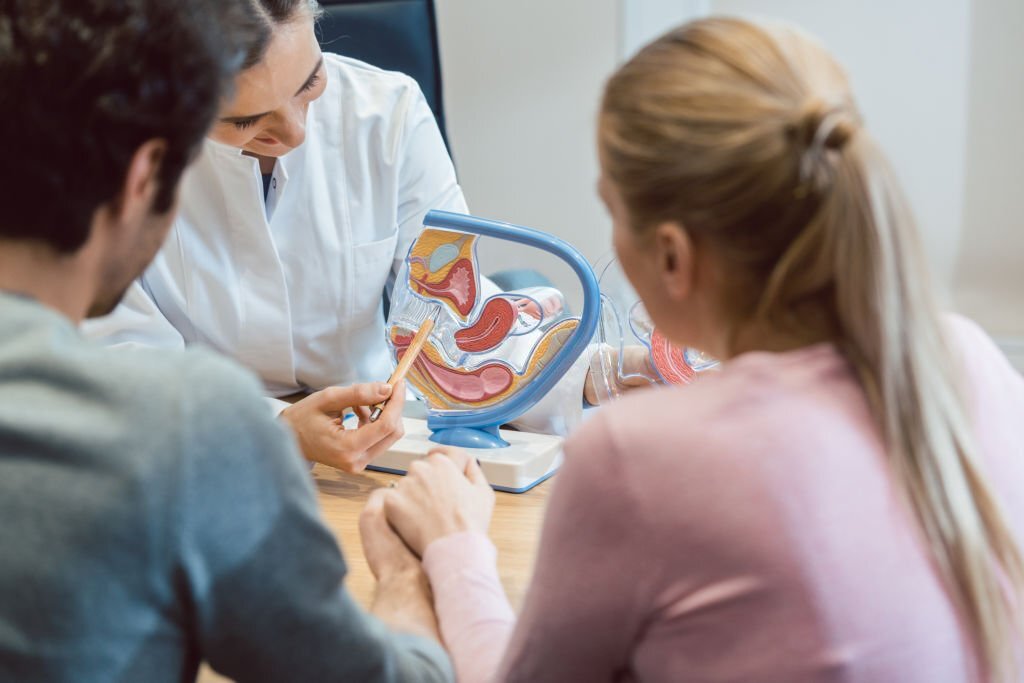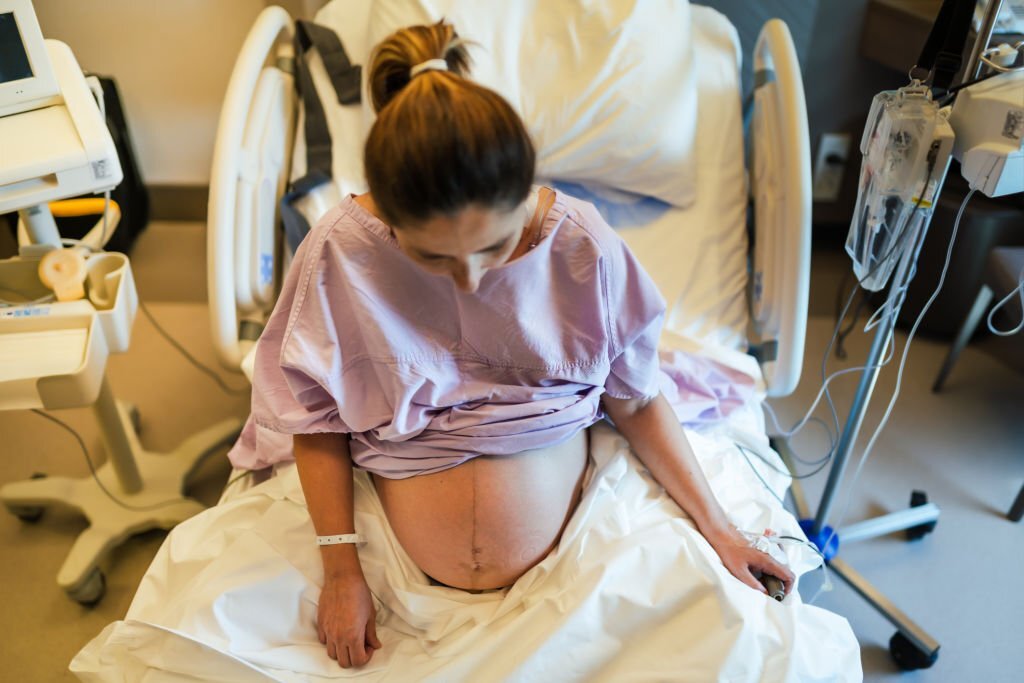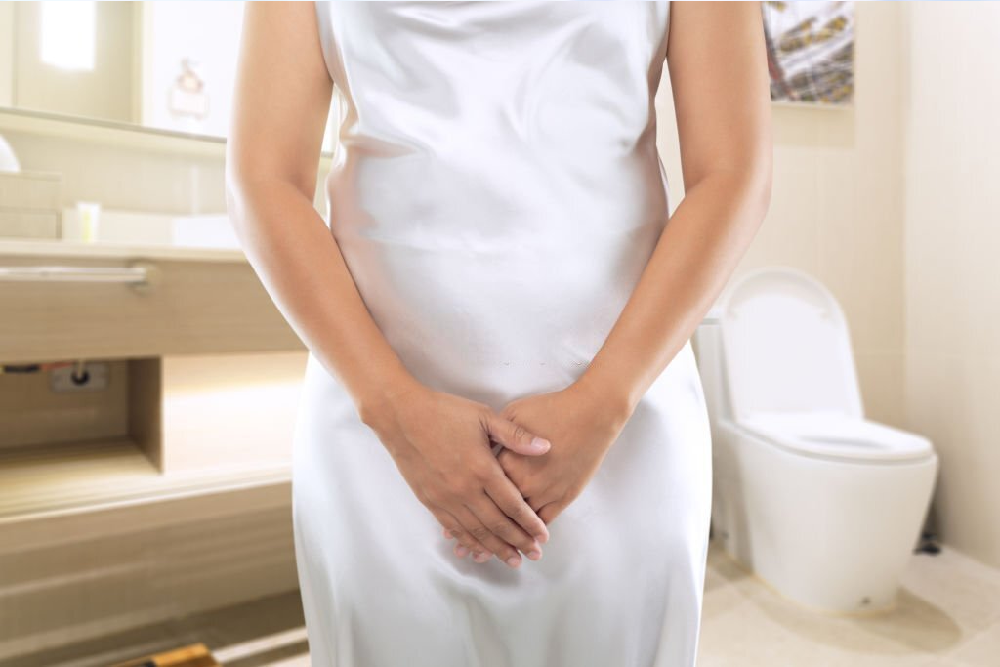Gap before having second baby
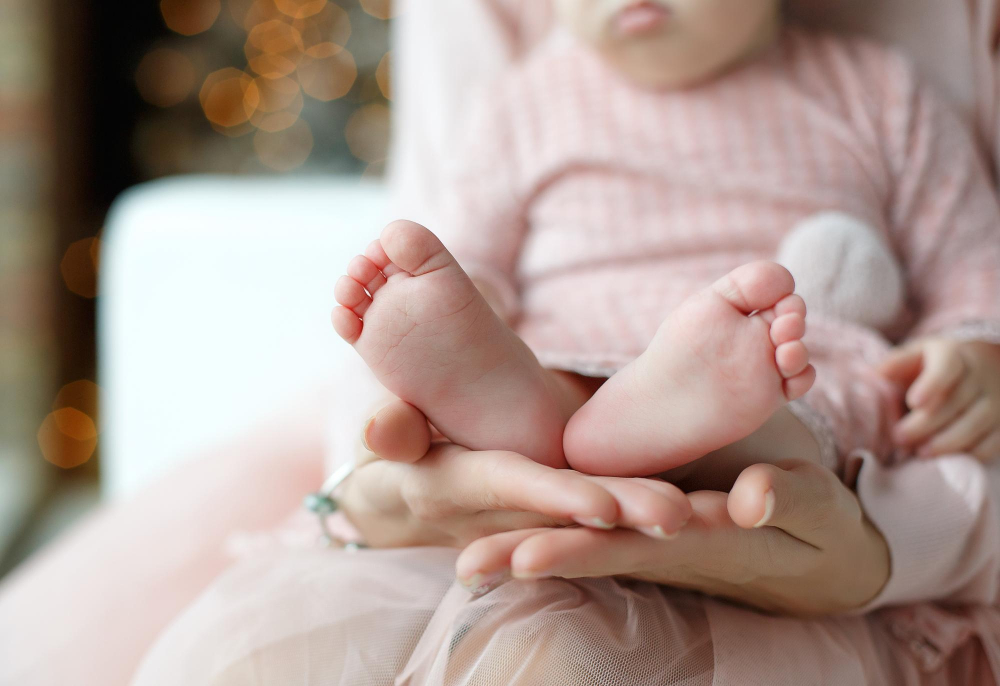
How long should I wait before having my next child?
This was the question raised by Soumya, my patient. A obsessive planner, she had worked out the details of going part-time after her maternity leave came to an end, had decided on the school her child would go to, and was now looking at suggested extra-curricular classes for the kid.
She was 24 weeks pregnant when she shared all this, and raised the question of when she should start planning for her next child.
Not all parents may be planning their child’s education and interests so early on, but many of them do wonder about the time gap they should allow when planning for more than one child. While most people assume one year after giving birth is a good, many wonder if they should try to get pregnant within six month of giving birth so that the age gap between the kids is less (which may help the children bond better).
My recommendation: Wait for at least two full years after giving birth before trying for the next child. Why? Because it is important that we give the women sufficient time to gain her full strength and nutritional balance so as to ensure that the next pregnancy begins on a healthy note.
The woman’s body undergoes major changes during pregnancy and while giving birth. For one, the uterus expands considerably during gestation, and has to contract back after delivery. Also, in some cases, the woman may have diastasis recti (or a gap between abdominal muscles), which needs to be corrected through exercises. Furthermore, it is advisable that the woman begin with post-partum exercises after delivery, and then slowly graduate to regular fitness regimes so as to stabilise her weight and fitness.
Another factor to keep in mind is that, if the woman undergoes a C-section, she would need the two-year gap to allow for her wound to heal fully so as to be able to try for a VBAC or vaginal (normal) delivery the next time round.
So, what are some effective contraceptive options you can use in the interim period? The use of a condom during intercourse is an effective method. If looking to explore oral contraceptives, bear in mind that we typically advise women not to use any oral contraceptives for at least first six months after pregnancy as this will affect their breastfeeding routine. Post this period, after consultation with the doctor, the woman may take up a course of oral contraceptive pills. The more effective option is to use an intra-uterine device. IUDs remove the pressure of having to remember to take pills regularly, and of having to use a condom.
The decision to grow your family is one of the most important decisions you will face – make sure good health is given top priority when weighing the factors.


